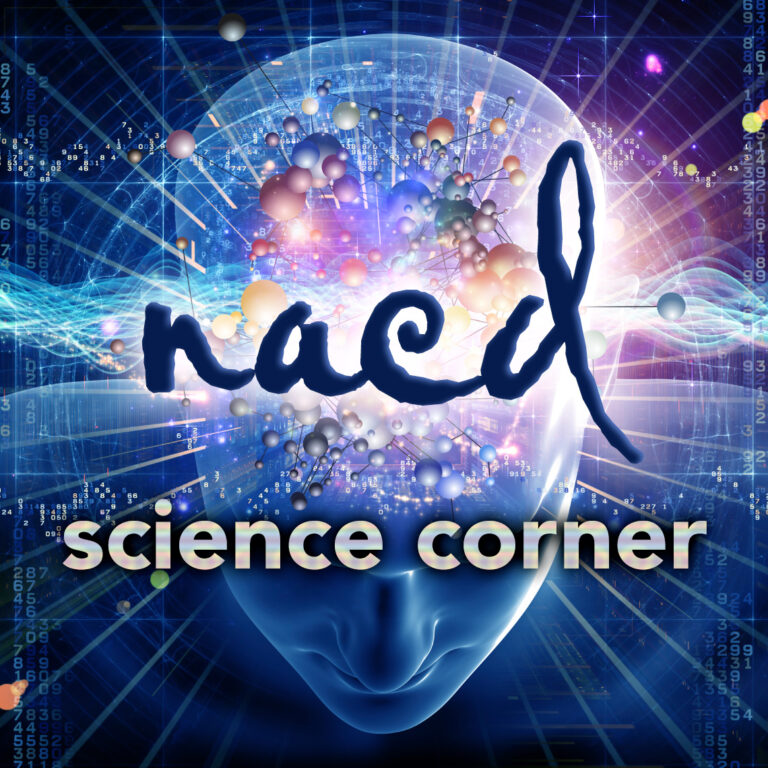Study Helps Confirm NACD’s Developmental Perspectives on ADD and ADHD
by Robert J. Doman Jr.
New research by the National Institute of Health and McGill University provides confirmation of NACD’S belief about ADD and ADHD, i.e., that we are dealing with developmental issues rather than unique diseases. Using imaging techniques, the investigators evaluated the brains of 223 children labeled as having ADHD and 223 “typical” children. The children in each group received multiple brain scans from the time they were six years old to sixteen. The results of this study showed that the brains of the labeled children were not different from “typical” children, but that they were developing more slowly in some areas. The New York Times quoted Dr. Philip Shaw, the lead author of the study, as saying, “The basic sequence of development in the brains of these kids with ADHD was intact, absolutely normal,” and, “I think this is pretty strong evidence we’re talking about delay and not an abnormal brain.”
While NACD has always held that ADD and ADHD are symptomatic labels applied to children with developmental issues, the mainstream medical community has historically insisted on applying a disease model to these children. Seeing individuals labeled with ADD and ADHD as possessing a mysterious, incurable disease, they have opened a Pandora’s box of psychiatric and drug interventions and fueled the fire of labeling and classifying more and more children.
NACD’s position on these issues is that there is no such disease or diseases, and that there are many neurodevelopmental and physiological issues that can affect an individual’s ability to focus, concentrate, control impulsivity, or to have a higher than “normal” level of activity. Our efforts over the years have been directed toward understanding the specific developmental issues affecting each individual and working to eliminate those issues. The results of NACD’s TDI Targeted Developmental Intervention® support this developmental perspective. Children who come into NACD with such labels are assisted through TDI Targeted Developmental Intervention® and generally become symptom-free, functioning at “typical” or superior levels without the use of drugs. Our work has shown us that while there are a number of specific issues that can lead to a classification of ADD or ADHD, perhaps the most significant piece of the developmental puzzle is low, poorly developed working memory and sequential processing.
ADD and ADHD are not diseases. Medicating the children may make them more compliant and less disruptive in the classroom, but it certainly is not going to address their developmental needs. In addition it will actually slow down the neurological function that we need to accelerate. Underdeveloped working memory is an important, if not the most important, factor relative to this neurological immaturity. Fortunately, NACD’s research and methodologies for addressing developmental issues, particularly those that impact sequential processing/ working memory can help the vast majority of these children reach their innate potentials.
To learn more about working memory and to measure your own working memory, visit the Simply Smarter Project athttp://www.nacdtheproject.com/






